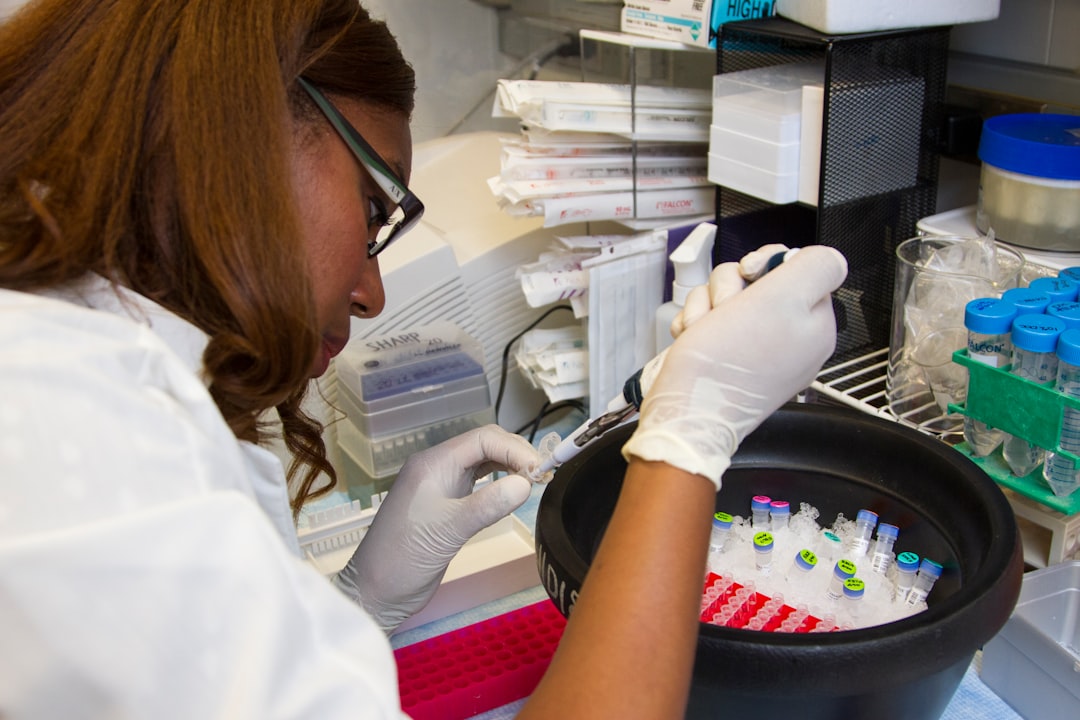In today’s information-rich age, the ability to navigate the sea of data available is not just a skill—it’s an art. Research assistance, often viewed as a back-end support role, is actually the cornerstone of innovation and decision-making in various fields. But what exactly is research assistance, and why is it more important now than ever before?
Imagine standing at the edge of a vast ocean of information, armed only with a tiny net. You need to catch not just any fish, but the exact ones that will help you survive and thrive. This metaphorical ocean is the internet, overflowing with data, studies, reports, and opinions. Your net is the set of tools and techniques you have to sift through all of it efficiently. Here’s where research assistance comes in—a specialized service designed to help you catch the right fish.
For students, professionals, and businesses alike, the primary goal of research assistance is to streamline the information-gathering process. Whether it’s for writing a paper, developing a product, or understanding market trends, research assistants employ a mix of technology and critical thinking to curate the most relevant and credible information.
### Budget-Friendly Research Assistance: A Reality?
A common misconception is that effective research assistance is only accessible to large organizations with deep pockets. In reality, there are numerous budget-friendly options available. Many universities offer free access to research databases for their students. Online platforms like Google Scholar provide a treasure trove of academic papers and publications at no cost.
For businesses, freelance research assistants offer flexible and affordable services, allowing even small startups to benefit from professional-grade research without the overhead costs of a full-time hire. These freelancers often come with diverse skill sets, providing not only research expertise but also insights into different industries and emerging trends.
### DIY Research: Is It Effective?
On the flip side, there’s a growing trend towards DIY research, facilitated by easy access to online resources and tools. With platforms like Zotero for reference management and Grammarly for writing assistance, individuals are more empowered than ever to conduct their own research. While DIY research can be rewarding, it often requires a significant time investment and a steep learning curve.
The choice between hiring a research assistant and going the DIY route depends largely on your specific needs and resources. If time is a constraint, hiring an expert might be the better option. However, if budget is tight, DIY can be a viable alternative, provided you’re willing to invest the time to learn and utilize available tools effectively.
### The Psychological Impact of Good Research
It’s easy to overlook the psychological impact that quality research can have on individuals and organizations. Having access to well-researched information can boost confidence, reduce anxiety, and facilitate informed decision-making. When you’re well-informed, you can argue your points with authority, whether in academic settings, board meetings, or public forums.
Moreover, in a world where misinformation spreads rapidly, being equipped with accurate data can help maintain your credibility and uphold ethical standards. The role of research assistance, therefore, extends beyond just gathering information—it’s about empowering people with knowledge.
### The Future of Research Assistance
As technology evolves, so does the field of research assistance. AI and machine learning are beginning to play significant roles in data collection and analysis, offering faster and more accurate insights than ever before. However, the human touch remains irreplaceable when it comes to interpreting nuanced information and understanding the context behind data.
In conclusion, research assistance is not just a service—it’s a critical component of personal and professional success. Whether you’re navigating it yourself or leveraging the expertise of a professional, understanding how to effectively gather and interpret information is key to staying ahead in an increasingly complex world. As we continue to push the boundaries of knowledge, research assistance will remain at the heart of discovery and innovation.

